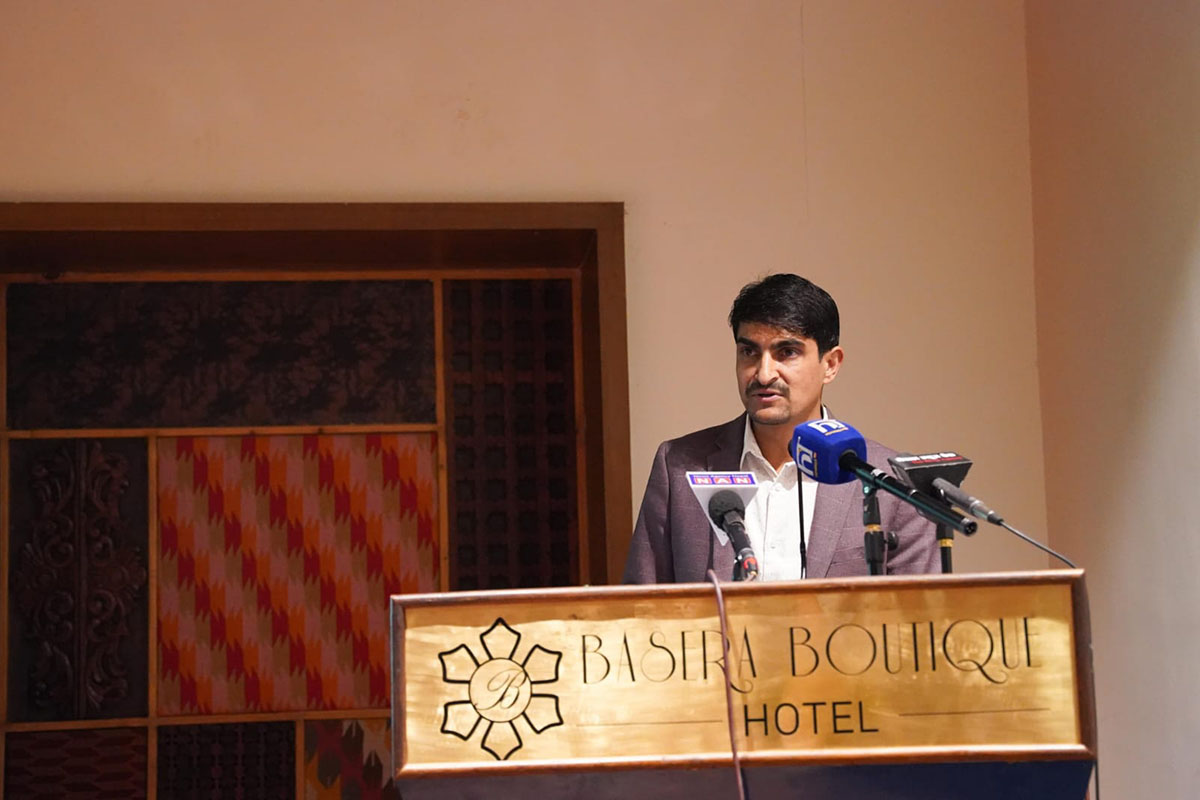-1746950702.jpeg)
KATHMANDU: Stakeholders have emphasised the need to enhance budget allocation efficiency and implementation capacity in the budget for fiscal year 2025/26.
At a SEJON Pre-Budget Round Table (Policy Discussion on Formulating a Realistic Budget organised by the Society of Economic Journalists-Nepal (SEJON) in Kathmandu on Saturday, former Chief Secretary Biakuntha Aryal presented a working paper outlining problems throughout the budget cycle – from formulation and allocation to implementation, monitoring and evaluation – and stressed the need for reforms. He highlighted that over the past 50 years the average expenditure has been 86.97% and noted that the effectiveness of expenditure has not been evident since the introduction of the new system. “In the last 10 years since the promulgation of the Constitution, the budget expenditure has exceeded 80% only three times. In the last 13 years, the average expenditure in recurrent headings has been 84.76%, capital expenditure 67.80% and fiscal management 81.52%. Overall, the average expenditure is only 80.58%,” Aryal said. He also mentioned that while sectors such as defence, public peace and security, and entertainment, culture and religion have exceeded allocation, capital formation areas have consistently been below 80%.
Addressing the programme, National Planning Commission (NPC) member Prakash Kumar Shrestha identified three main contradictions: an expansionary budget that contracts during implementation; a federal deficit that is masked when all three tiers are combined; and very weak project prioritisation. He added that although more than 18,000 projects were included in the project bank for fiscal year 2024/25 and restructured, the new project bank still contains over 7,000 projects. He stated that the NPC is enforcing a policy not to allocate federal budgets for projects costing less than Rs 30 million and suggested that 80% of budget plans should be technical and 20% political.
-1746950702.jpeg)
-1746950702.jpeg)
Responding to questions, Deputy Prime Minister and Finance Minister Bishnu Prasad Paudel said extensive changes will be made to ensure the budget for upcoming fiscal year is implementable and result-oriented. “We are committed to adopting the necessary policies to stimulate growth. A large gap has been created between budget allocation and implementation, and we are responsible for that. The addition of more than 11,000 projects to the project bank in the current fiscal year alone demonstrates our allocation efficiency. Right now, I am trying to fill the gap, not dig further. I have sought the cooperation of all sectors in this,” he said. Minister Paudel added that the federal government will not allocate budgets for small projects and will include only projects of federal importance. He also warned that meeting all recent demands, such as those by protesting teachers, would lead to significant financial liabilities and noted rising costs in social security and health insurance management. He stressed that multi-year projects left incomplete for over a decade must be prioritised, adding that the budget will focus on removing duplication and concentrating investments on projects that yield returns, including infrastructure projects such as the East-West Highway, Postal Highway and Mid-Hill Pushpalal Highway.

SEJON President Sujan Oli said that increasing pressure on resources and a lack of discipline in budget allocation have created significant problems, stressing that allocation efficiency and effective implementation are crucial.
-1746950702.jpeg)
General Secretary of the Municipal Association of Nepal (MuAN), Narulal Chaudhary, stated, “The biggest problem is the budget cut at the time of payment. Liabilities have already been created, but there is a problem when the budget is cut at the time of payment.”



-1769754921.jpeg)


